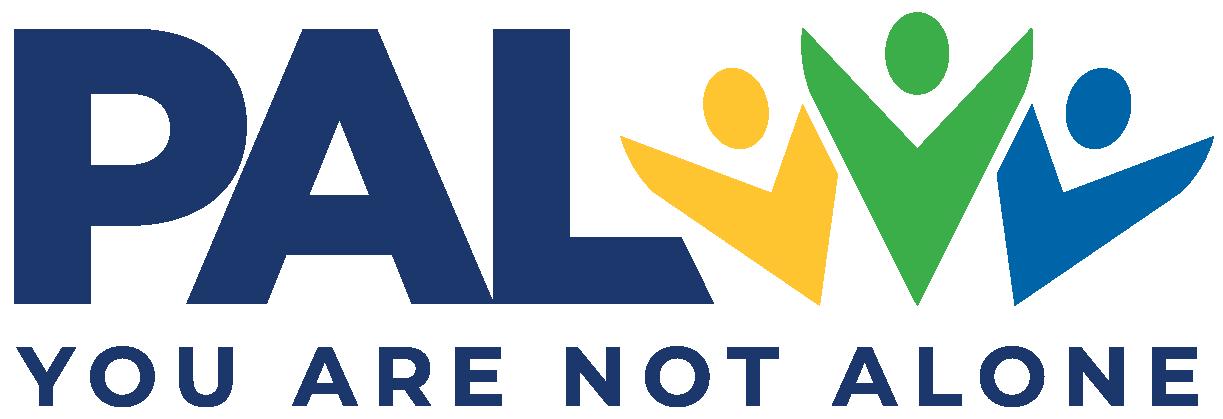
My wife and I wanted to have children, but we had infertility problems. We lived in Europe for over a year, and many people were praying that we might be able to have children. It was incredibly exciting when, on the very day we returned to the U.S., we discovered we were expecting, and we soon welcomed our son Mark. In time, God blessed us with a girl and another boy. We thought of ourselves as a typical family, we went to church, did some homeschooling, and engaged in many activities with our kids. We had many friends and other families that we surrounded ourselves with. My wife mostly stayed home, and I tried to be an intentional dad. We really wanted to do the best we could as parents and thought our efforts would prove successful.
Mark, however, was difficult to raise – although he was bright, creative and could be fun. He was often melancholy and did not like to be told what to do. After altercations and other problems in high school, our very close European friends asked if he could complete high school in their country. What an opportunity! We felt our friends were great role models and had four kids of their own, and they loved our son dearly. We had vacationed with them so much that our children and theirs were like cousins. No one knew that Mark was dabbling in drugs and alcohol before heading overseas. While living abroad, he completed high school with some excellent test scores, but we learned that some drug use was occurring. We visited frequently, and neither set of parents suspected serious trouble. He fell in love and married their daughter – it seemed to be a beautiful story that was unfolding.
Mark began working in their country and was planning on going to college later. The stress of life seemed to affect him, and the drug use worsened. Life became difficult, and disturbing things were reported to us by our friends. Eventually, the marriage failed, and Mark was now heavily using opioids. At some point, we bought him a ticket to visit us, and after coming home, he decided not to return overseas. This gave our friends he had lived with well-deserved relief (we are still best friends), as we reasoned Mark was ultimately our responsibility. Although my father had struggled with alcohol, we were ignorant when it came to how to handle our son’s addiction.
Living with Mark became very difficult, and he kept bad company. Eventually, he went to an inpatient rehab program for a month, but not much changed. His behavior worsened, and with hostilities toward his siblings, we decided he had to leave our home. He agreed to go to another program in another state, but demanded to leave that facility after a few days. This just created more of a problem as he was now out on his own with nowhere to go. Mark floated to different cities far from us and was rarely in contact. His opioid addiction progressed.
Mark would call, demanding that we send money or telling us he was in jail. For quite some time, we would send money, but eventually concluded we were only hurting ourselves and him. We visited him and convinced him to start a program using suboxone, but he was not ready, and this program quickly failed. The cycle just got worse as he repeatedly detoxed and would then go back to using. One time, Mark called saying he would end his life if I did not send $50.
After eight years of Mark being out on his own, we offered to have him come back home, thinking this would be the time we could help him. At this point, his siblings were gone, and we felt we could focus on him. At first, he worked a job well and was in a treatment program. He actually tried to clear up and settle legal issues. But sadly, his behavior worsened, and he crushed the inadequate boundaries we had set. Once again, we realized our home was not helping and he left failing to maintain our boundaries. Soon he crashed his car, then went to a rehab and yet again left very early for the street. It seemed that opioids and meth were in control.
We received counseling through our church, read about addiction, and attended peer-to-peer meetings, learning some good things. However, one day we heard about a PAL meeting at our church, and we began attending. We read Mike Speakman’s book, The Four Seasons of Recovery, and Dorothy England’s book, Smoke and Mirrors, which were recommended at the meeting. We found that the PAL lessons wonderfully solidified what we learned from all the years of chaos and hard knocks, and the education added greatly to our understanding. One of the most important things we learned was about the concepts of “false guilt” and treating our son as an adult. We need to change the picture we have of our young child in our minds and face the reality that he is an adult. These were major steps for our recovery and happiness. We found that when enabling ceases, when we stopped doing things for him that he could do for himself, it helped him experience natural consequences and gave him the opportunity to learn from this and hopefully grow and change.
Although Mark continues to be on the street, we know our role as cheerleaders. We try to establish healthy boundaries while encouraging and showing love. PAL meetings gave us new friends, comfort, greater peace, and an opportunity to care for and pray for others. We hold onto hope for our son, but we are also better, and we want to be involved in expanding PAL in our community.
A PAL dad

Thank you for sharing your story. I also have a son, who I unfortunately share a similar story. I could write a book on the pain and suffering he’s endured which in turn affects me. I’m all he has. His father died and the rest of the family acts as tho he doesn’t exist anymore. I wish there was a Pal meeting in my area. I could sure use the support.
Joyce, thanks for your comment, we do offer virtual meetings (under Find A Meeting) and if you are interested in learning about starting a meeting in your area you can email us at info@palgroup.org
I would like some help to get to that level of acceptance and peace.
Viviana, that is our mission, to bring hope through education and support, hopefully you are attending a meeting.